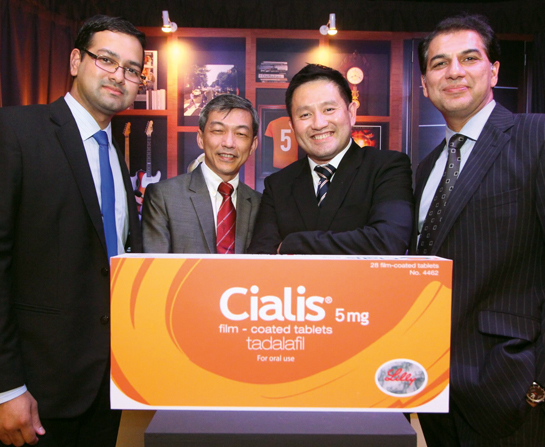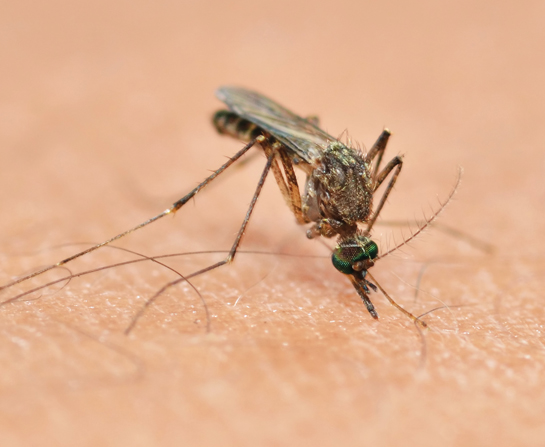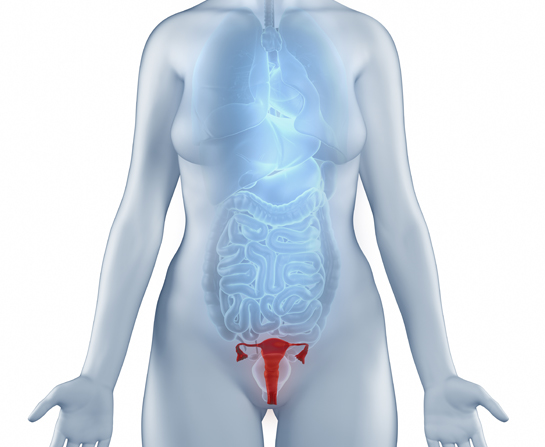Pregnancy, Motherhood & The Iron Truth
April 28, 2022 Return

You are wrong if you think you cannot be lacking in iron. Iron deficiency – the medical term for lack of iron in your body – is common, especially in premature babies, school children and pregnant women in Malaysia. So, preventing or correcting iron deficiency early on is important in improving your health.
Myth: You can get enough iron from your diet.
Fact: Yes, you can if you eat iron-rich foods. But, a lot of our foods are lacking in iron.
There are two forms of iron in foods: heme iron and non-heme iron. Heme iron can be found in meat, poultry and fish. Non-heme iron is from plant sources like lentils, beans and spinach.
Our body can absorb heme iron better than non-heme iron. Iron in food is usually not enough especially for premature babies, children experiencing growth spurts ie, 4 to 8 year-olds, and pregnant women.
Myth: Multivitamins is an effective way to treat iron deficiency.
Fact: Take a close look at the label on the multivitamins bottle. There may be hardly any iron in each capsule.
“Even if there is 1-3 mg of iron per capsule that you take everyday, only 10% of it is absorbed into your system,” says Dr See.
Myth: Iron deficiency is only a concern for pregnant women if they are anaemic.
Fact: Anaemia occurs when iron deficiency is already at a late stage. If you have anaemia, it means that your problem started a long time ago!
“If you are anaemic, you have already lost some IQ points and you might already have mood disorders and thought issues. So, make sure you are iron sufficient from pre-pregnancy stage,” says Dr See.
Myth: Iron supplements taste bad and cause stomach upsets.
Fact: This belief stemmed from an older form of iron supplements, which were infamous for tasting bad and causing black stools. Most people stopped taking them after 1-2 months!
These days, newer versions taste much better and they also do not cause stomach upsets. They are worth considering if your diet is often low in iron, or you need some extra iron for health reasons.
Myth: Breastfeeding provides adequate amounts of iron for the baby.
Fact: Breast milk contains useful substances such as antibodies, isozymes and long-chain polyunsaturated fatty acids (LCPUFAs), which are good for the brain and eyes. But after 6 months, iron supply in breast milk wanes. In addition to breast milk, babies must be fed iron-rich supplementary foods such as whole grain cereals or porridges and fish.
Dr See points out that iron deficiency is an epidemic issue worldwide.
“It is the single most prevalent micronutrient deficiency in the world and it is always underestimated,” he said.
Prevention and early correction – even from the pre-pregnancy stage – will definitely improve your health and also lower iron deficiency in newborns.
If you like this article, do subscribe here.






